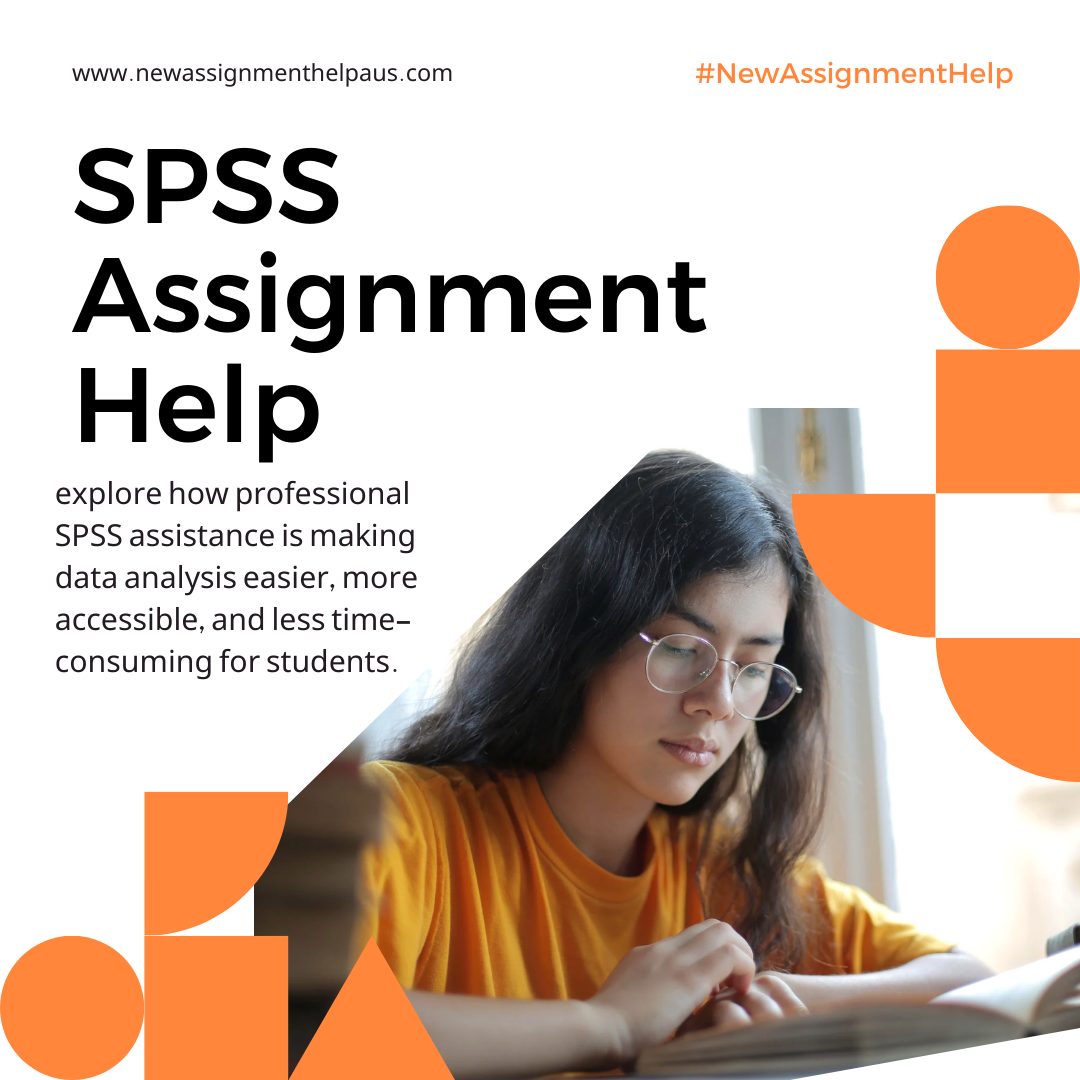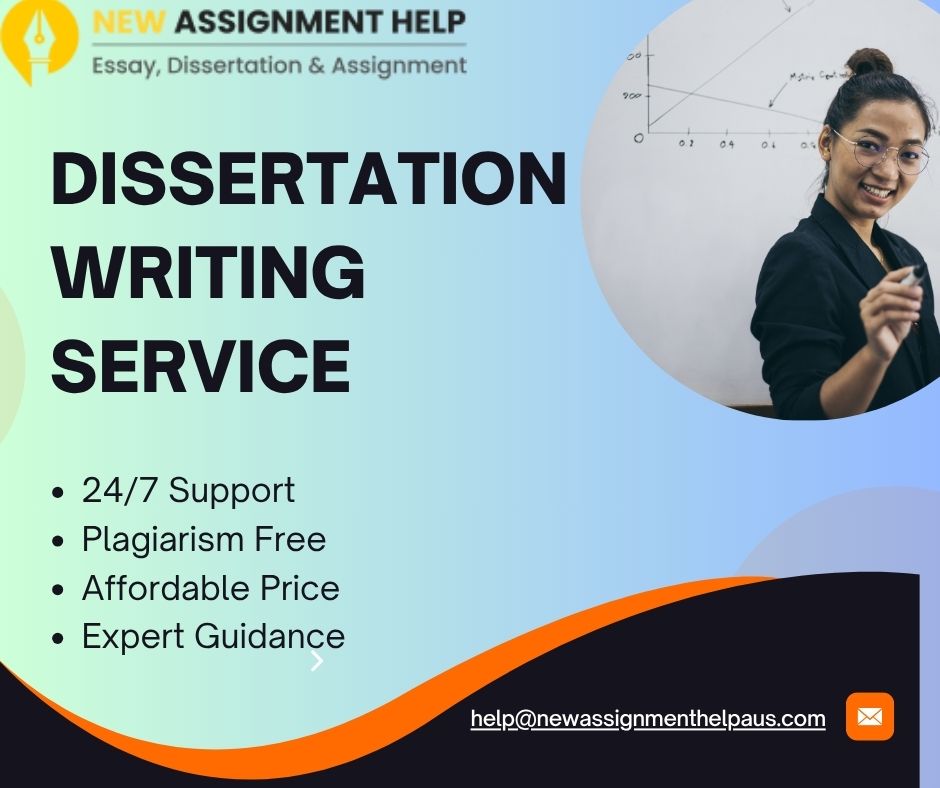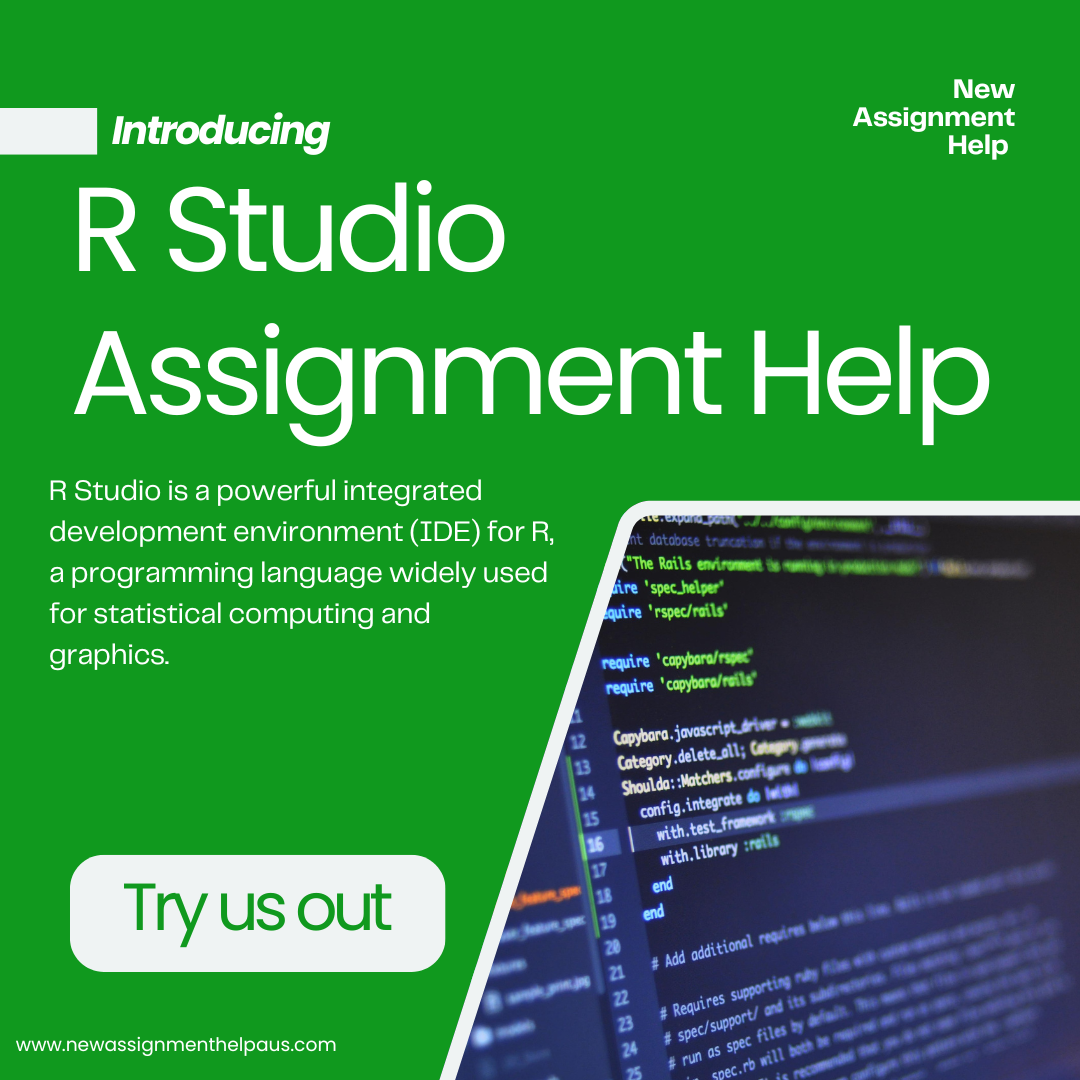10 Common Physics Assignment Mistakes and How to Avoid Them

Introduction
Physics is a fascinating yet complex subject that demands critical thinking, mathematical skills, and conceptual clarity. However, students often struggle when working on assignments, leading to avoidable mistakes that can impact their grades and overall understanding of the subject. Whether it's a miscalculation or a misunderstanding of core principles, recognizing these errors is the first step to improvement. That’s why many students seek Physics Assignment Help to guide them through the process. In this article, we will explore the 10 most common physics assignment mistakes and provide practical tips on how to avoid them.
1. Misunderstanding the Core Concepts
The Problem
Physics revolves around understanding fundamental concepts like Newton’s Laws, energy conservation, electromagnetism, and quantum mechanics. Students often memorize formulas without grasping the core ideas behind them. This leads to confusion, especially when problems require conceptual reasoning instead of direct application.
How to Avoid It
- Focus on building a strong conceptual foundation.
- Visualize problems using diagrams and physical analogies.
- Use online resources, videos, or tutoring sessions to reinforce understanding.
- Don’t hesitate to revisit textbook chapters or lecture notes when in doubt.
2. Skipping Units and Dimensional Analysis
The Problem
Many students overlook the importance of units and dimensional consistency. Submitting answers without proper units or using inconsistent units can result in wrong answers, even if the mathematical calculations are correct.
How to Avoid It
- Always include units in your final answers.
- Perform dimensional checks to ensure equations make physical sense.
- Practice converting between unit systems (e.g., CGS to SI) accurately.
3. Calculation and Algebraic Errors
The Problem
Simple mathematical or algebraic mistakes are common when solving physics problems. Errors in signs, incorrect rearrangement of formulas, or calculator mishandling can derail an otherwise correct approach.
How to Avoid It
- Double-check every algebraic step.
- Use parentheses appropriately when using calculators.
- Rework problems from scratch to verify the final answer.
- Develop a habit of checking the logic of the answer (Does it make sense? Is it too large or small?).
4. Poor Problem-Solving Strategy
The Problem
Jumping straight into calculations without planning leads to confusion and inefficient work. Many students fail to approach problems systematically, missing crucial steps like identifying knowns and unknowns.
How to Avoid It
- Start with a clear plan: list known quantities, unknowns, and the equations that connect them.
- Sketch diagrams wherever possible.
- Label variables clearly to avoid confusion during substitutions.
5. Not Understanding the Question Properly
The Problem
Misreading or misinterpreting a question can lead students down the wrong path. For example, misunderstanding what “net force” implies or overlooking constraints like “frictionless surface.”
How to Avoid It
- Read the question multiple times to ensure complete understanding.
- Underline or highlight key terms and values.
- Translate word problems into equations and diagrams.
6. Overusing or Misusing Formulas
The Problem
Students often attempt to apply memorized formulas without understanding their limitations. For example, using equations for constant acceleration in scenarios involving variable acceleration.
How to Avoid It
- Know when a formula is valid and what assumptions it carries.
- Don’t rely solely on memorization—derive equations when possible to understand their derivation.
- Always check if the formula suits the conditions given in the problem.
7. Ignoring Significant Figures and Precision
The Problem
Students sometimes report answers with too many or too few significant figures. This reflects poorly on the precision of the measurement and can lead to loss of marks.
How to Avoid It
- Understand and apply rules for significant figures based on given data.
- Round off answers appropriately—usually to 2 or 3 significant figures unless otherwise instructed.
- Use scientific notation for very large or very small values to maintain clarity.
8. Failing to Draw or Interpret Diagrams
The Problem
Physics problems often involve spatial relationships that can be clarified using diagrams. Students who skip drawing diagrams miss an essential step in visualization and problem-solving.
How to Avoid It
- Draw free-body diagrams (FBD) for mechanics problems.
- Sketch wave patterns, circuit diagrams, or ray diagrams when required.
- Use arrows and labels to clearly indicate directions, forces, and components.
9. Not Reviewing or Proofreading the Assignment
The Problem
Rushing to complete the assignment without reviewing it leads to overlooked errors, incomplete answers, or missed questions.
How to Avoid It
- Set aside time after completing the assignment to review your work.
- Cross-check answers with initial assumptions and question requirements.
- Ask a peer to look over your work or use Physics Assignment Help services for feedback.
10. Lack of Real-World Application Awareness
The Problem
Physics is deeply connected to the real world. Students often treat it as an abstract subject and fail to relate it to practical situations, leading to a lack of motivation or incorrect assumptions in problem scenarios.
How to Avoid It
- Link theoretical concepts to real-world phenomena (e.g., Newton’s Laws in car motion, thermodynamics in appliances).
- Watch documentaries or conduct simple experiments to see physics in action.
- Read up on recent innovations and how physics principles are applied in industries like aerospace, energy, and electronics.
Bonus Tips for Success in Physics Assignments
Use Step-by-Step Solutions
Breaking a complex problem into smaller, manageable steps makes the process clearer and reduces the chance of errors.
Stay Updated with Class Content
Regularly review class notes and textbook examples. Physics builds on itself—understanding early topics is crucial for mastering later ones.
Ask for Help When Needed
Don’t hesitate to reach out to professors, classmates, or seek Physics Assignment Help online when stuck. It’s better to ask than to guess.
Practice Regularly
Physics is best learned through repetition. Regular problem-solving sharpens your analytical thinking and helps spot patterns.
Conclusion
Physics assignments are not just about solving problems—they are about understanding the fundamental laws that govern our universe. Many students fall into common traps like formula misapplication, calculation errors, or conceptual misunderstandings. By identifying these 10 common mistakes and implementing strategies to avoid them, you can significantly improve your assignment performance and overall confidence in the subject.
Whether you're a high school student tackling classical mechanics or a university student diving into quantum physics, remember: seeking Physics Assignment Help when needed, planning your work, and focusing on fundamentals will always yield better results. Stay curious, practice regularly, and let every assignment be a step toward mastering the wonders of physics.
Note: IndiBlogHub features both user-submitted and editorial content. We do not verify third-party contributions. Read our Disclaimer and Privacy Policyfor details.







